The collapse of the Soviet Union in 1991 marked a pivotal moment in Russian history, ushering in a new era of uncertainty and transformation. Post-Soviet Russia has grappled with economic challenges, political instability, and a search for a new national identity.
The Early Years: Economic Turmoil and Political Chaos
The early years of post-Soviet Russia were marked by economic hardship and political instability. The transition from a centrally planned economy to a market economy proved to be a painful process, leading to widespread poverty and unemployment. The political landscape was also tumultuous, with several leaders vying for power and implementing various economic and social reforms.
Putin’s Rise to Power and Authoritarian Turn
Vladimir Putin’s rise to power in the late 1990s brought a period of relative stability and economic growth. However, his rule has also been characterized by increasing authoritarianism, suppression of dissent, and a crackdown on civil liberties. Putin has consolidated power in the Kremlin, weakening democratic institutions and reducing the influence of independent bodies.
Russia’s Foreign Policy and International Relations
Post-Soviet Russia has pursued an assertive foreign policy, challenging the Western-led global order. The country has intervened in neighboring countries, such as Ukraine and Georgia, and has been accused of meddling in foreign elections. Russia’s relations with the West have deteriorated significantly, leading to increased geopolitical tensions and sanctions.
Challenges and Opportunities
Post-Soviet Russia continues to face a number of challenges, including:
- Economic Stagnation: Despite periods of economic growth, Russia’s economy remains heavily reliant on oil and gas exports. Economic diversification and innovation are crucial for long-term sustainable growth.
- Demographic Crisis: Russia’s population is aging rapidly, and birth rates are declining. This demographic crisis poses significant challenges for the country’s labor force and social security system.
- Corruption and Inequality: Corruption remains a pervasive problem in Russia, hindering economic development and social progress.
- Political Repression: The government’s crackdown on dissent and civil liberties has stifled political pluralism and limited freedom of expression.
Despite these challenges, Russia also has significant opportunities. The country possesses vast natural resources, a highly educated population, and a rich cultural heritage. By addressing corruption, investing in education and innovation, and promoting democratic reforms, Russia can realize its full potential and secure a prosperous future.
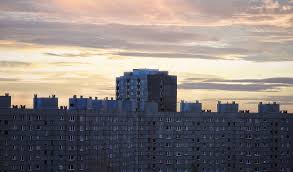
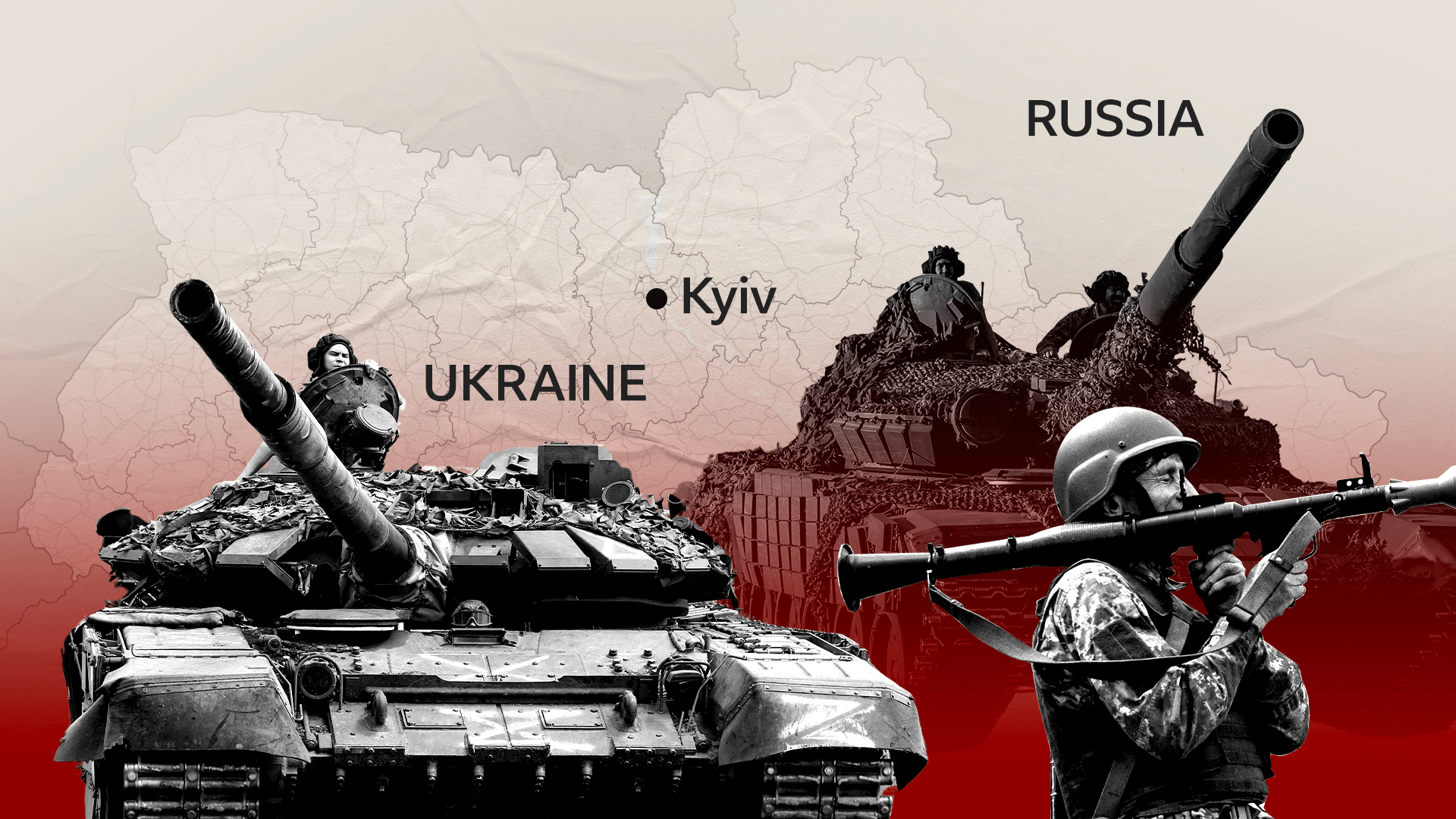
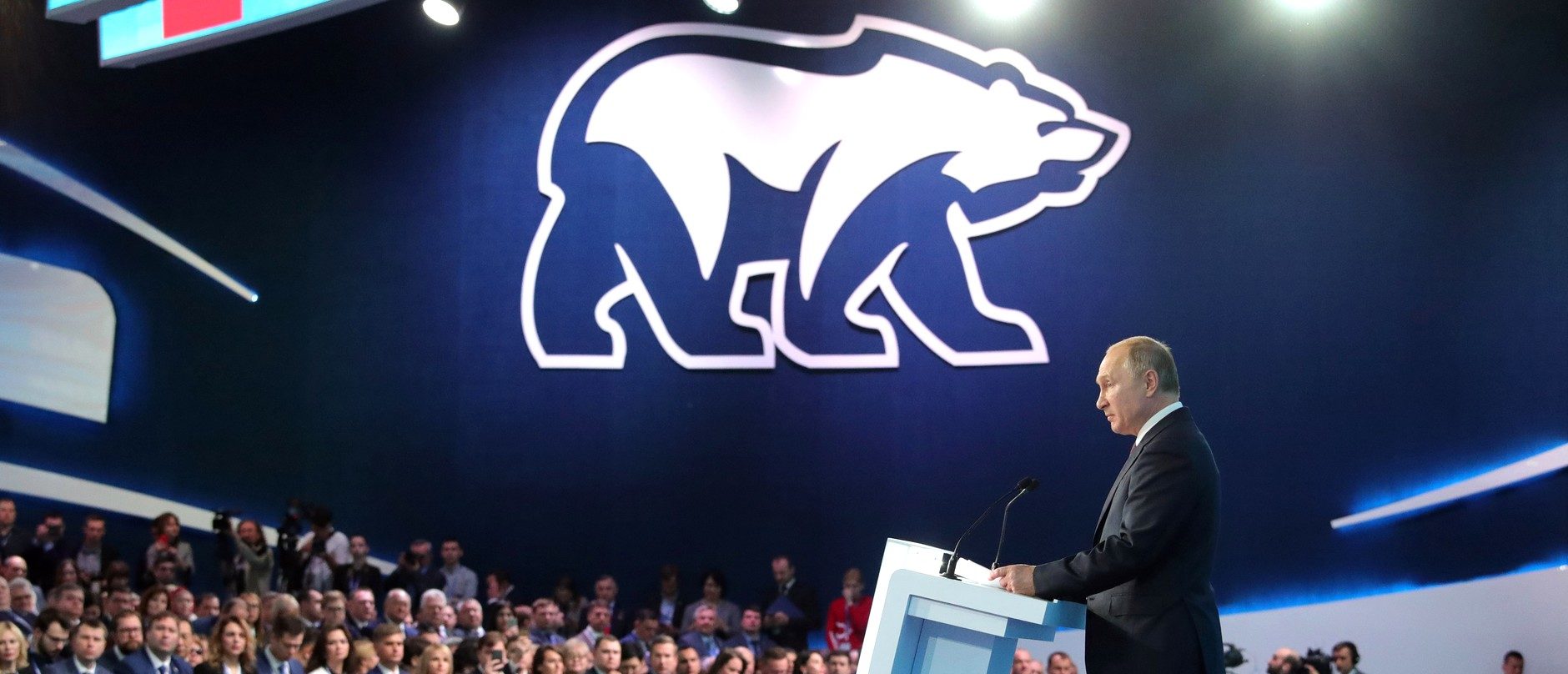
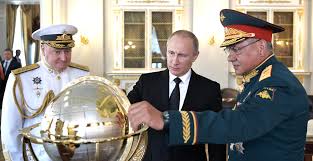

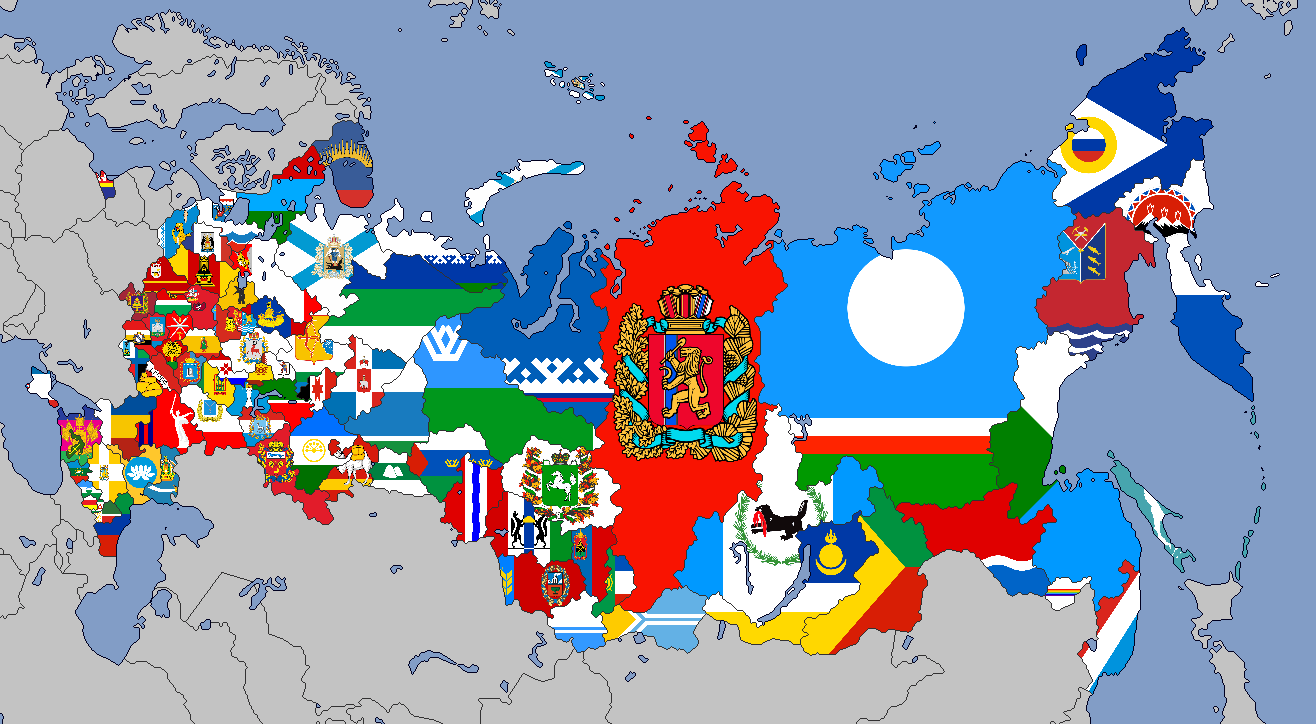
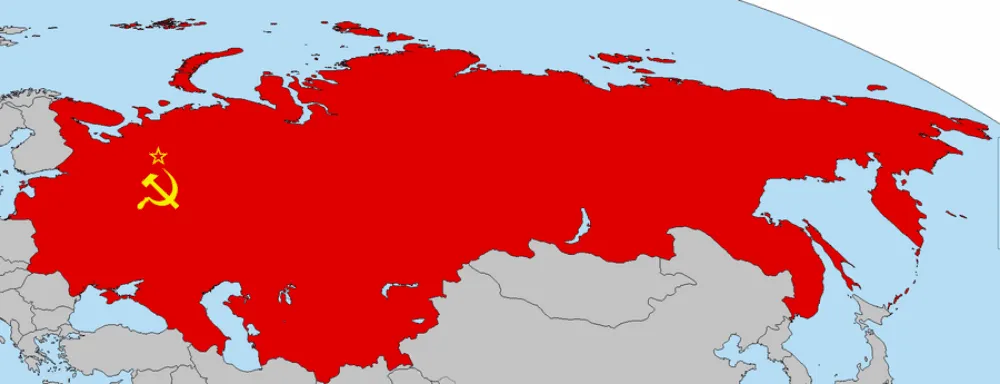
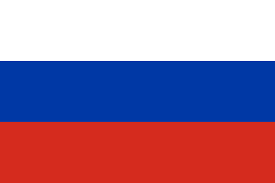
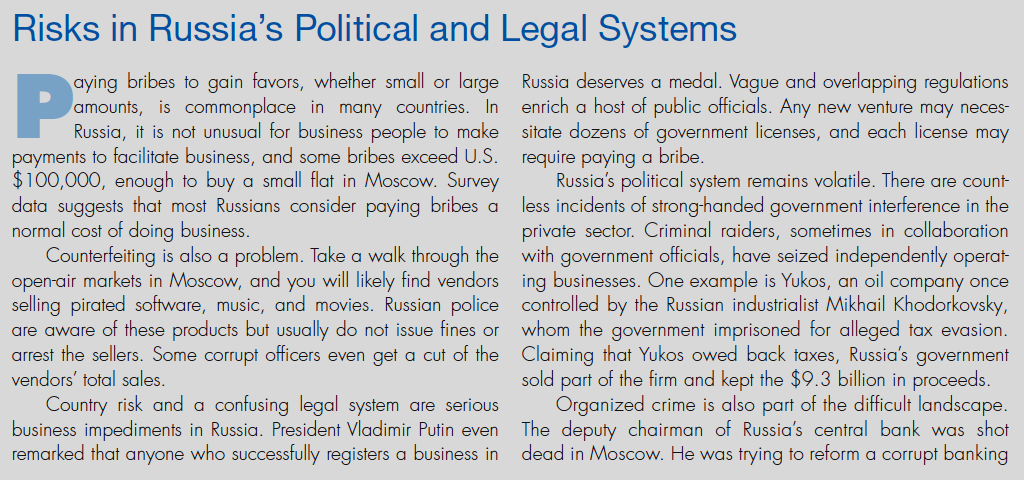
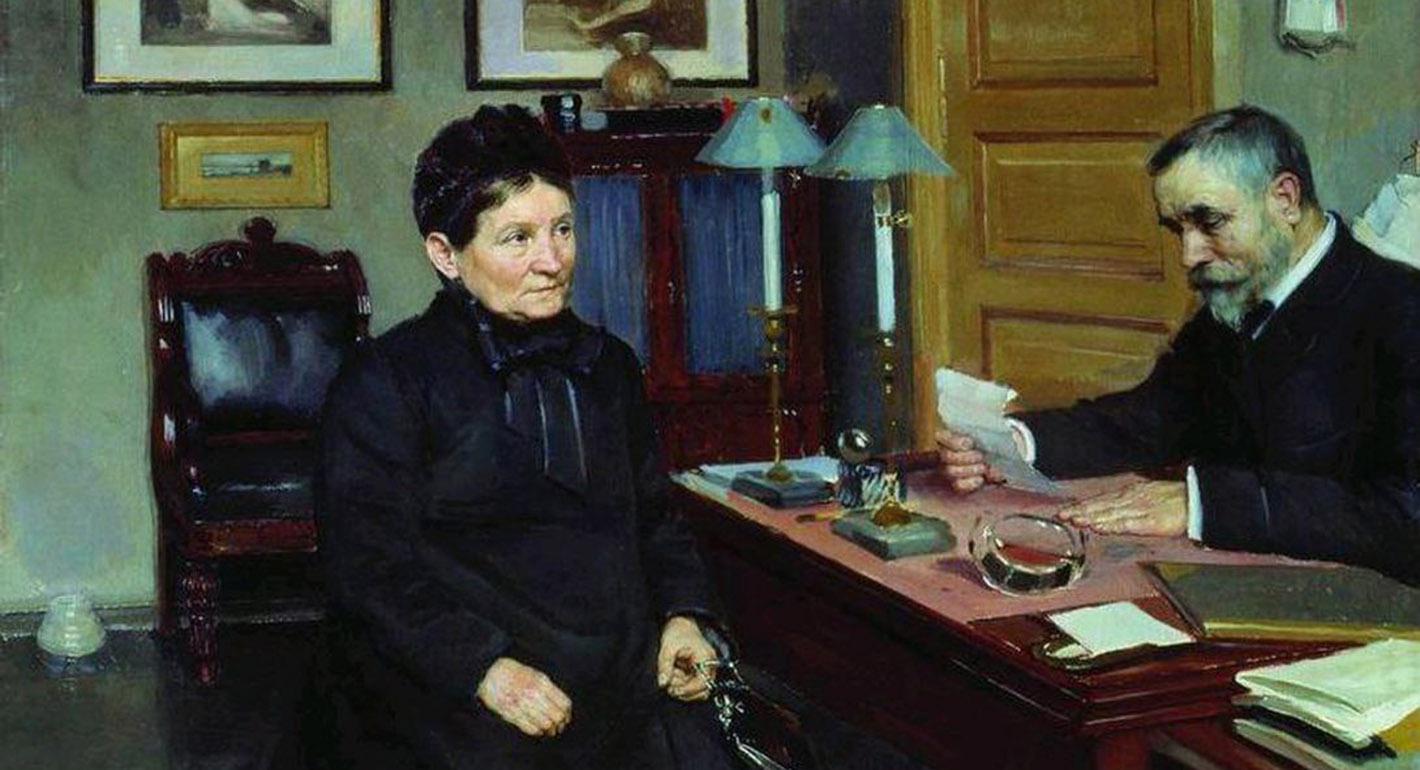
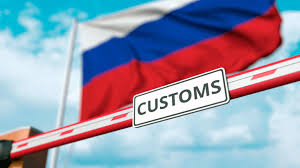
Leave a Reply